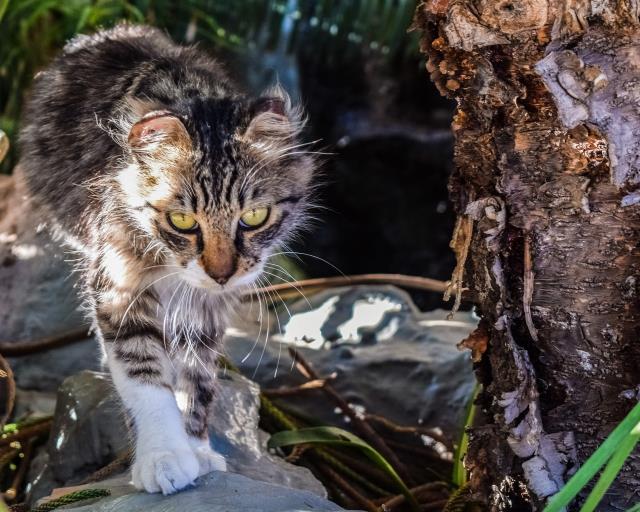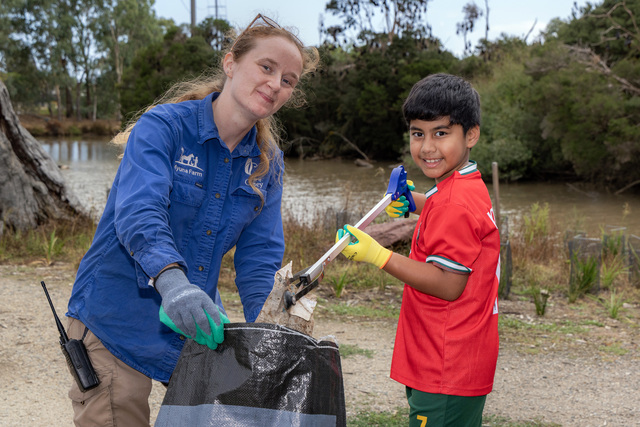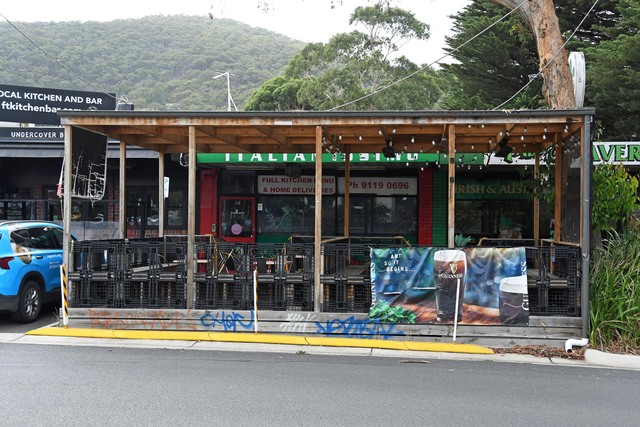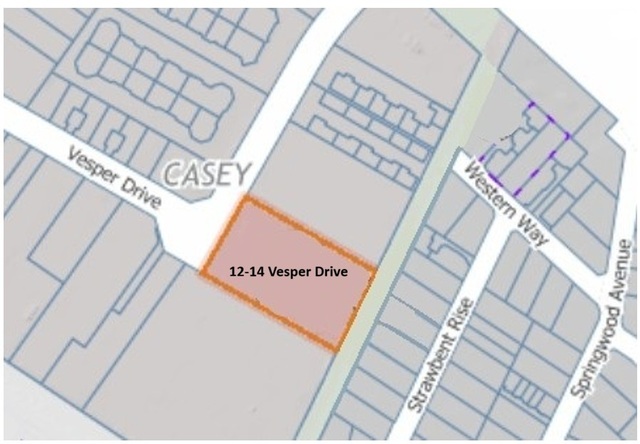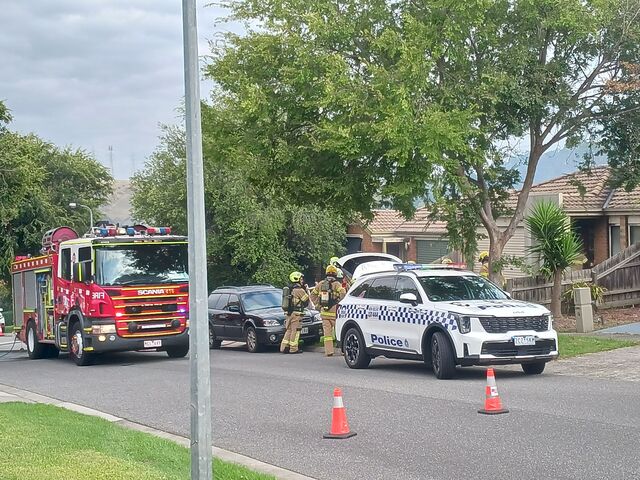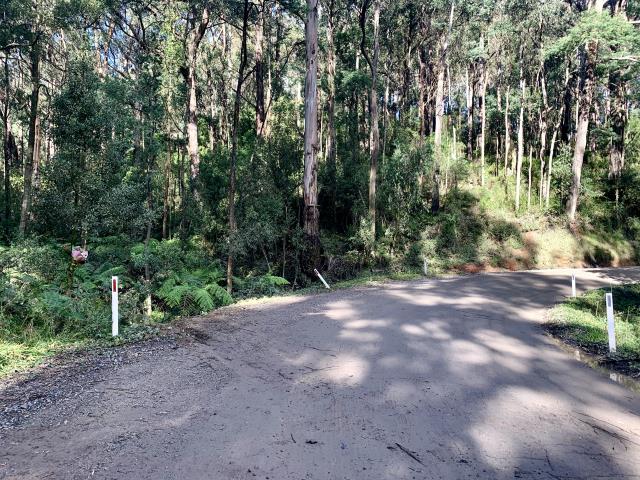Management of domestic cats is vital to curbing their impact on biodiversity and wildlife, according to the Victorian Government’s Inquiry into Ecosystem Decline report tabled in Parliament Thursday 2 December.
RSPCA Victoria chief executive Dr Liz Walker, said she was pleased to see effective approaches to domestic cat management and standardisation of cat definitions included as a recommendation in the report.
“The findings and recommendations from the Inquiry illustrate support for improving animal welfare for native and introduced species, including cats,” Dr Walker said.
In August 2020, RSPCA Victoria contributed to the Inquiry into Ecosystem Decline in Victoria by providing a submission and presenting at the Inquiry to advocate for humane management techniques for cats, as well as other introduced species.
“Cats are very popular pets and important companions for many people. However, they can have significant impacts on Australia’s native wildlife. Research has suggested that collectively, cats kill more than three billion animals per year. For this reason, responsible cat ownership and humane and effective cat management is necessary to protect wildlife,“ Dr Walker said.
“We are pleased the recommendation outlined in the report supports a coordinated approach for cat management including desexing, microchipping and rehoming.“
Dr Walker said that RSPCA Victoria recently announced desexing all owned and semi-owned cats in Victoria as an advocacy goal and key focus going forward.
“This year we set ourselves an ambitious goal of desexing all owned and semi-owned cats in Victoria to improve cat welfare, and importantly to reduce the cat population and the pressure on pounds, shelters, the broader community and the environment,” Dr Walker said.
Presently, 30 per cent of the estimated 3.3 million cats in Australia are not desexed.
Cats can breed quickly and from just four months old, resulting in unplanned litters, causing a cat overpopulation that impacts the welfare of cats and wildlife.

